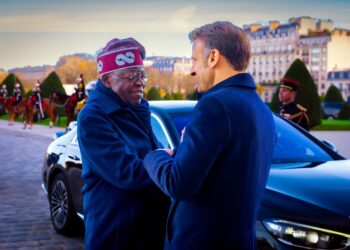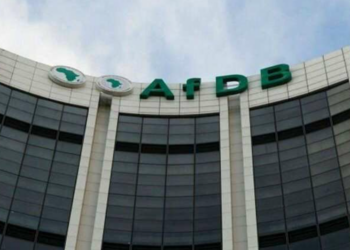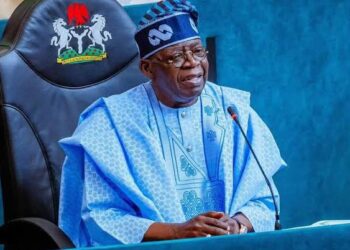President Bola Tinubu has noted that a swift, peaceful restoration of democracy in the Niger Republic is crucial and that he would be opposing the use of military force.
He spoke this after a briefing by a team of Islamic Leaders who had been in Niger twice to hold talks with the military junta. He said:
- “Even as of this morning, I have been inundated with phone calls on the readiness of countries with their military force and contributions”
- “I am the one holding back Ecowas.”
ECOWAS has made diplomacy its top priority in efforts to restore Niger’s democracy. The bloc’s stance is to exhaust peaceful negotiations before resorting to military measures.
Tinubu acknowledged that while Ecowas retains this stance, other external partners are prepared to take action outside of Ecowas’ control.
- “If you take Ecowas aside, other people will react. I am the one holding those sides back.” Tinubu said.
ECOWAS Intervention in Niger
The Economic Community of West African States (ECOWAS) had turned down Niger Republic’s military junta’s proposed three-year power transition plan.
ECOWAS Commissioner for Political Affairs, Peace, and Security, Abdel-Fatau Musah, while speaking with BBC noted that ECOWAS would not accept extended transition periods in the region. The commissioner said:
- “Ecowas is not accepting any prolonged transition again in the region. They just have to get ready to hand over in the shortest possible time”
- “The earlier they give power back to civilians and concentrate on their primary responsibility, which is defending the territorial integrity of Niger, the better for them.”
The Coup in Niger
Niger had plunged into a state of political turmoil since late July when President Bazoum was forcibly removed from power in a coup carried out by the presidential guard.
The coup garnered intense international criticism and has brought renewed instability to a volatile region in Africa that both coups and militant extremism have plagued.























